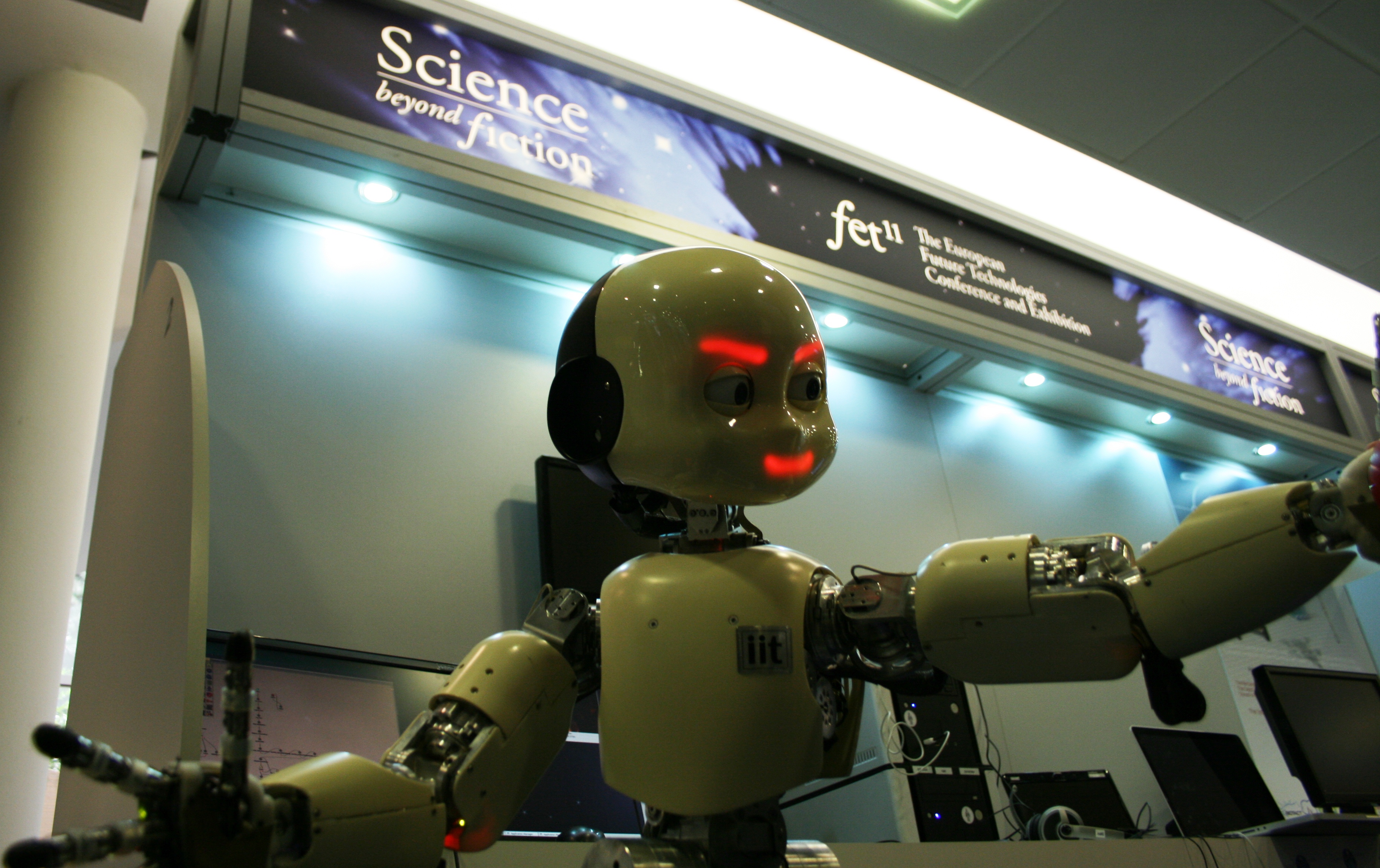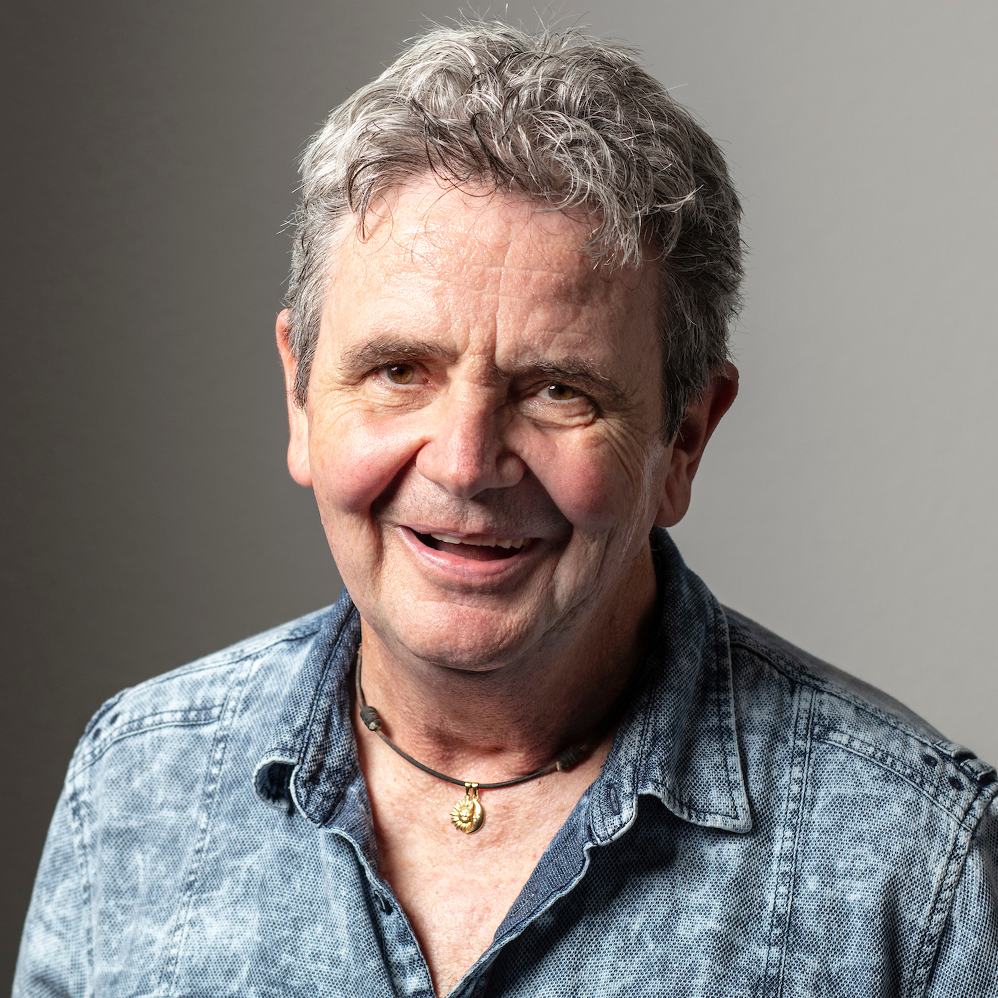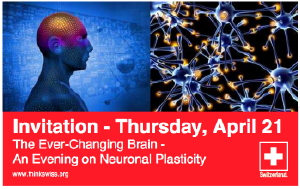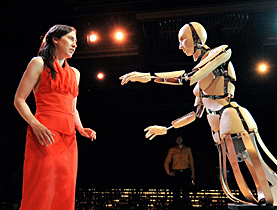Swiss scientists eye Europe research prize

The Swiss science community has landed a coup with three projects among six finalists competing for the top places in a billion-euro European research programme.
The finalists, selected from 21 entries, showcase future and emerging technologies (FET). The Swiss innovations focus on the brain, personal health and predicting disasters.
The announcement of the finalists was made in the Hungarian capital Budapest on Wednesday, where the elite of European science and technology is gathered for the FET11 conference and exhibition, which ends on May 6.
“Science beyond fiction” is the meeting’s motto. Outside the conference halls, dozens of stands manned by professors and students present their visions for the future.
These feature robots which are becoming more and more like the humanoid versions of science fiction. They may look like toys, but these machines are, in fact, extraordinary developments.
It’s this creativity that the European Union wants to encourage by choosing two “Flagship” scientific initiatives to each receive €1 billion (SFr1.28 billion) over ten years.
The final decision will be made in 2012, but until then the six finalists will each receive around €1.5 million to refine their proposal.
“The finalists will plant the seeds for tomorrow’s innovation. Europe hosts some of the world’s leading researchers in the fascinating and highly inspiring area of future and emerging technologies,” said Neelie Kroes, European Commission Vice-President for the Digital Agenda.
Human Brain Project
Among the finalists is the Human Brain Project from the Federal Institute of Technology Lausanne (EPFL). Nicknamed the “Cern of the brain”, some have even compared its importance to that of an earlier initiative to fully map the human genome.
The EPFL’s Henry Markram wants to build a computer to simulate the way the brain works. So far the team has managed to model a neocortical column in a rat, which is made up of 10,000 neurons. There are 100 billion neurons in a human brain.
Markram says the work is key. “We are living for longer and medicine is keeping our bodies going, but we don’t have any solutions for brain illnesses, which affect around two billion people worldwide. And if we want to do this, we have to understand the brain,” he said.
There’s no doubt for Markram that the Human Brain Project is a Flagship initiative. Internal European Commission documents showcase the project as a model of its kind.
“Most people recognise that looking into the human brain is an urgent matter. And it’s also an academic matter, something that industry is not going to do for us.”
Guardian Angels
EPFL fellow researcher Adrian Ionescu also believes he has a good chance, even if he admits that the six finalists “are among the best on the continent and practically all as good as each other”.
His guardian angels are a future generation in electronic chips. These tiny devices will be able to monitor the body’s vital functions, as well as compute and communicate the data, to minimise risks to health.
“It’s a way of transforming science and technology into something useful, which has an impact on our daily lives,” said Ionescu.
The chips function without batteries, using instead body temperature, sun or movement. The project already has the support of industry and involves a strong collaboration with the sister institution Federal Institute of Technology in Zurich (ETHZ).
FuturICT
For the third project, the ETHZ is working with University College London (UCL) in a futuristic mix of sociology and information technology.
“It’s like being present at the birth of a new science,” is how UCL’s Stephen Bishop sums it up.
ICT intends to analyse vast amounts of data, including those that are currently not used, to better understand how societies work and to better predict disasters, such as the global economic crisis that started in 2008.
The six finalists were chosen by an expert panel, but the top two spots will be selected by politicians. Expectations for the Swiss will be high.
Graphene Science and technology for ICT and beyond: Graphene is a new substance developed by atomic and molecular scale manipulation that could replace silicon as the wonder material of the 21st century. Based in Sweden, it includes 80 universities and businesses in 21 countries.
IT Future of Medicine: digital technology has the power to deliver individualised medicine, based on molecular, physiological and anatomical data collected from individual patients and processed on the basis of globally integrated medical knowledge. Based in Italy, it includes 10 universities, including EPFL, in eight countries.
Robot Companions for Citizens: soft skinned and intelligent robots have highly developed perceptive, cognitive and emotional skills, and can help people, radically changing the way humans interact with machines. Based in Germany, it includes 45 universities, including Geneva University and the ETHZ, and businesses in 17 countries.
Future and Emerging Technologies (FET): FET is a European research support programme for research in information and communication technologies. Over 22 years it has co-financed 526 projects, with an increasing budget (€370 million for 2007-2011).
Flagships: These are the two projects which will be given €1billion – up to €100 million over ten years – by the European Commission. They have to be large-scale, visionary, scientifically grounded, politically supported and financially solid and have the potential to “provide solutions to some of society’s biggest challenges”.
(Adapted from French by Isobel Leybold-Johnson)

In compliance with the JTI standards
More: SWI swissinfo.ch certified by the Journalism Trust Initiative





You can find an overview of ongoing debates with our journalists here. Please join us!
If you want to start a conversation about a topic raised in this article or want to report factual errors, email us at english@swissinfo.ch.